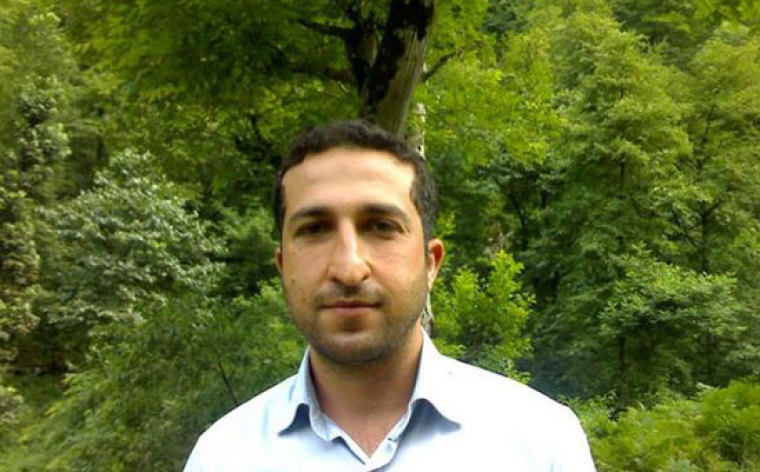
According to CNN, the court has now called on the highly-revered Supreme Leader Ali Khamenei for his opinion on the case.
"Though Khamenei has the ultimate authority in Iranian affairs, the move is unusual for a case that was supposed to be decided Monday," said CNN.
Unlike the U.S. Court system, Iran's courts are able to pass information to various Supreme Court leaders for their opinion and review; Khamanei's word is of ultimate authority.
Countries including the United States, Britain and France have spoken out about the death sentence given to the Iranian pastor and have urged the courts to set him free.
After being a pastor in a series of churches for the past 10 years, Nadarkhani was arrested, along with his wife and other Christian followers, while attempting to register his own church in June 2010. He was tried in a local Rasht court for apostasy, a renunciation of Islam, and evangelizing Muslims.
He appealed his case in June 2010, taking it to the Supreme Court of Iran. His lawyer, Mohammad Ali Dadkhah, argued that because he was not a practicing Muslim before becoming a pastor, he did not technically "renounce" Islam.
The Supreme Court retorted by stating that Nadarkhani's Muslim ancestry makes him guilty, giving him the ultimatum: "renounce or die."
Nadarkhani currently awaits the decision of the review.
Execution due to apostasy is not a written law in Iran. It is, however, a fatwa, or a verbal code initiated by Muslim leaders in powerful political positions, therefore allowing it to hold sway in legal court. The high religious leaders Grand Ayatollah Naser Makarem Shirazi and Ayatollah Ruhollah Khomeini have backed this fatwa.
According to article 167 of the Iranian constitution, "If such a basis doesn't exist, [the court] must cite reliable Islamic sources or a valid fatwa from which they have drawn a judgment in order to issue a verdict."
Although originally convicted of evangelism, last week Iranian authorities changed their charges, citing Nadarkhani for Zionism, rape and extortion.
Defense attorney Dadkhah used Iran's violation of the country's law and constitution, especially its written approval of freedom of speech, as his main premise for defense. He remains hopeful of Nadarkhani's release, telling the Associated Press on Sept. 29 that he believes there is a "95 percent chance" for acquittal.
Christian Solidarity Worldwide, which has garnered international support for the case, cited Iran's violation of law, including the "International Covenant on Civil and Political Rights, which guarantees freedom of religion and freedom to change one's religion" and "article 23 of the Iranian Constitution, which states that no one should be molested or taken to task simply for holding a certain belief."